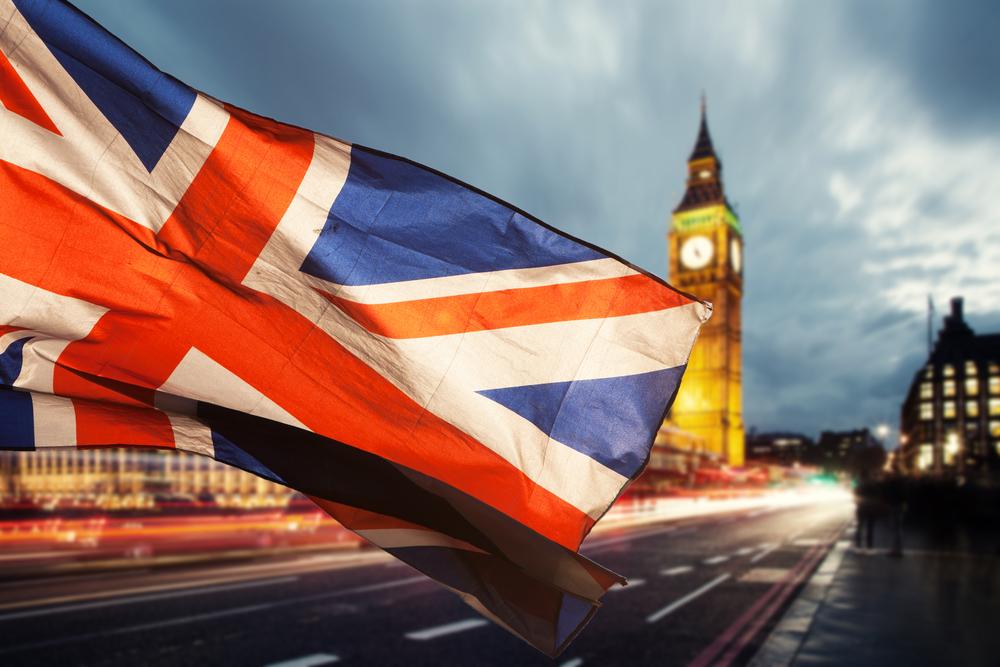The Archbishop of Canterbury has urged for a major rethink of the British economy.
Archbishop Justin Welby told the BBC that changes including higher taxes on technology giants, wealthy individuals and an increase on public spending.
“What is clear is that tax should be a fundamental part of being a citizen, and that those who have the most should pay the most and that no company, through being multinational, being global, can evade the responsibilities of paying its proper amount of tax based on the revenues it earns in this country,” he said in the interview.
The Archbishop said a new watchdog should be given the role to ensure firms including Google (NASDAQ: GOOG) and Facebook (NASDAQ: FB) should pay the correct amount of tax as well as use consumers data responsibly.
“They have enormous power and the use and handling of data has huge implications for people’s security,” he said.
“But it also has huge implications for the flourishing of individuals and the prosperity and fairness of our society. If you corner the market in data, you have probably more wealth advantages than if you corner the market in gold or oil.”
“Data is the real place where the money is, and we’ve always said that people with huge power should be regulated,” he added.
Archbishop Justin Welby also called for a higher minimum wage that would reflect the cost of living.
“People suffer from injustice in the economy,” he told the BBC.
“People suffer from the need to go to a food bank, even when you’ve got two adults both working. People suffer from being caught in a debt trap, because they can’t replace a basic bit of equipment they need like a new stove, a washing machine – let alone have luxuries.”
“I think one of the regrettable things in the last few years has been to call what we used to call the minimum wage a ‘living wage’. We need a living wage because that enables people to live with dignity, and the dignity of the human being is fundamental to our understanding of what a just economy is about,” he added.
Research released this week by the Smith Institute found that a rise in the minimum wage would help boost local economies by more than £1 billion.




